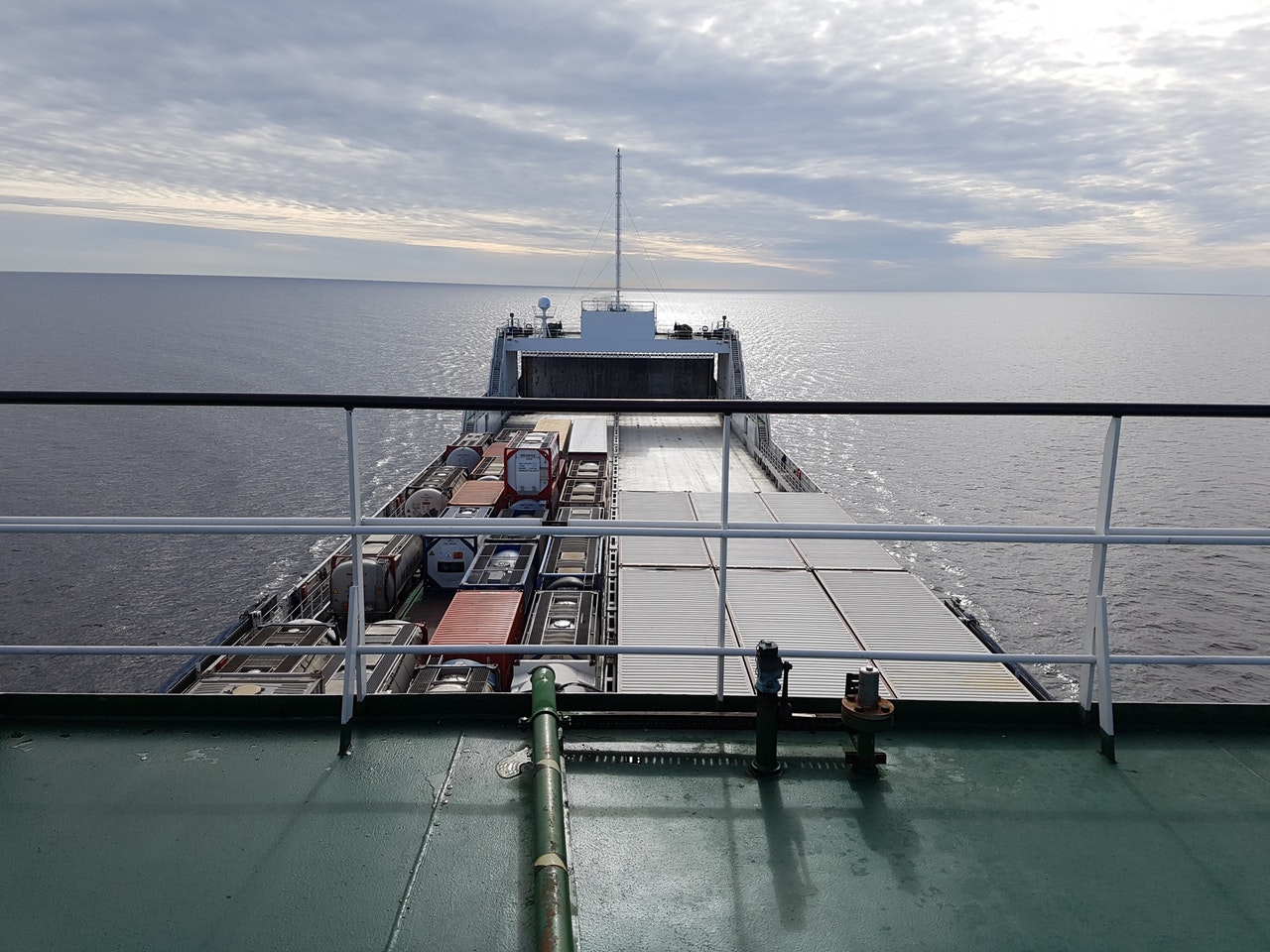In order to get the maximum amount of value out of each shipment you make, you need to select the right container transportation option — here’s what you need to know.
Ocean freight shipping is a common choice for transporting goods in bulk, and it’s often the cheapest — depending, of course, on your unique situation and needs. However, even if you’ve determined that ocean freight is the best option for you, there are still a number of questions you need to answer in order to maximize the amount of value you’re getting out of each shipment. In particular, you need to determine whether to opt for Less than Container Load (LCL) or Full Container Load (FCL) shipping.
When You Should Ship LCL
LCL shipping allows you to transport amounts of cargo that aren’t large enough to fill a full container. There are pros and cons to shipping LCL regardless of your cargo size, but for many customers, it’s the superior option. So when should you ship LCL?
If you don’t need a full container, LCL allows you to send cargo as small as one cubic meter across the sea, which could be cheaper than relying on air freight to transport small shipments. LCL also makes it easier to split shipments if you’re shipping goods to multiple facilities. Many final destinations require a delivery appointment — LCL pickup and delivery is often faster than FCL, and shippers are given more leeway if they’re trying to meet a deadline. It’s also a better option for keeping your inventory low and limiting your financial risk.
When You Should Ship FCL
Shipping FCL is often cheaper than shipping LCL, since there’s usually a flat rate, and because LCL shipments can sometimes involve hidden fees, including Port Service Charges, Service Charges Due Agent, and Terminal Handling Charges. FCL shipments also tends to be delivered faster than LCL shipments because they’re immediately unloaded and delivered once they arrive at port. LCL shipments, on the other hand, require additional paperwork and deconsolidation steps because of the multiple shipments in each container.
FCL is also easier to track, since most shipping carriers allow you to track your container(s) through their website — this also means shipping FCL is typically safer and more secure.
Why Primary Freight?
Whether you choose FCL or LCL, the most important thing is finding a shipping partner you can trust and rely on to get your cargo to its final destination. As a professionally run, family-owned business that’s been in operation for almost 20 years, Primary Freight has extensive experience in both LCL and FCL shipping. Even more important than that experience, however, is our dedication to building strong relationships with our customers and supporting them when they need it the most.
If you’re trying to determine which ocean freight shipping option is best for you, give one of our dedicated experts a call at (800) 635-0013 — we’ll help guide you through the process and make sure you make the best possible decision based on your unique circumstances.
